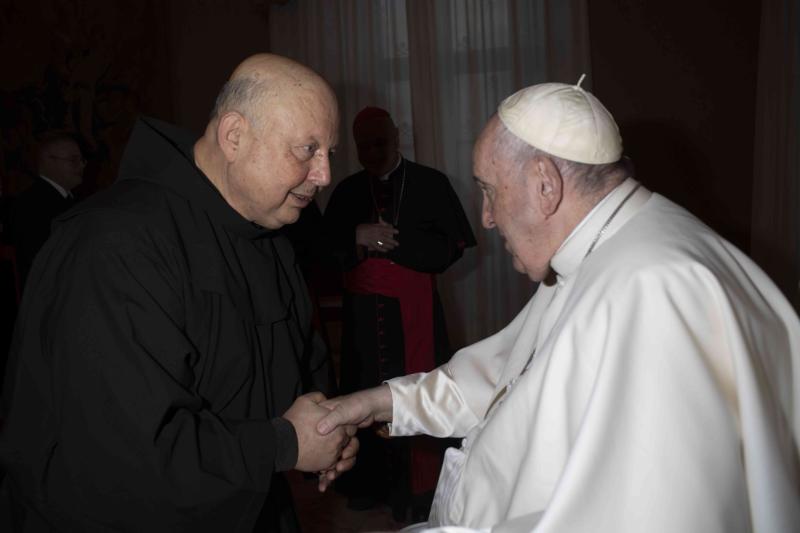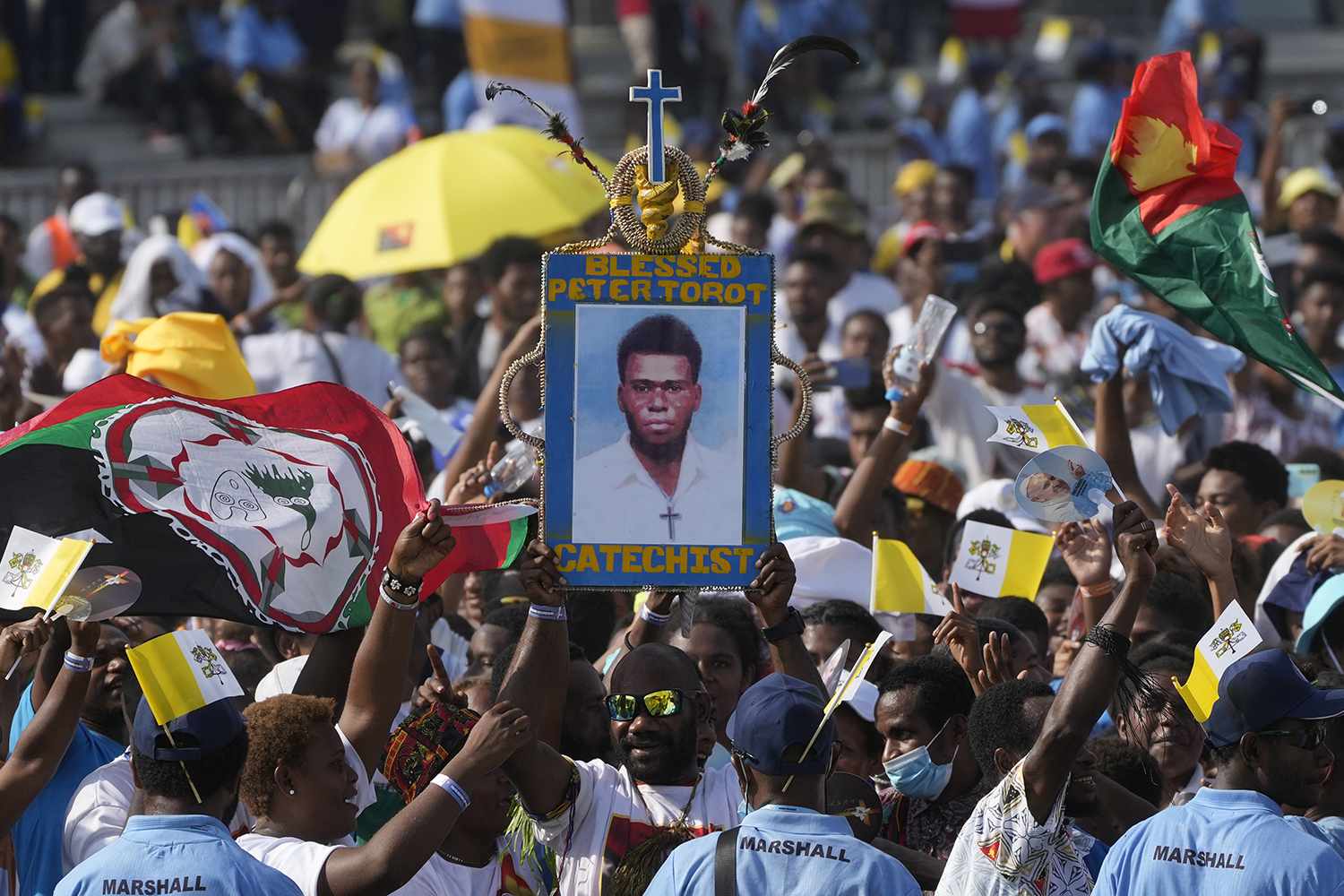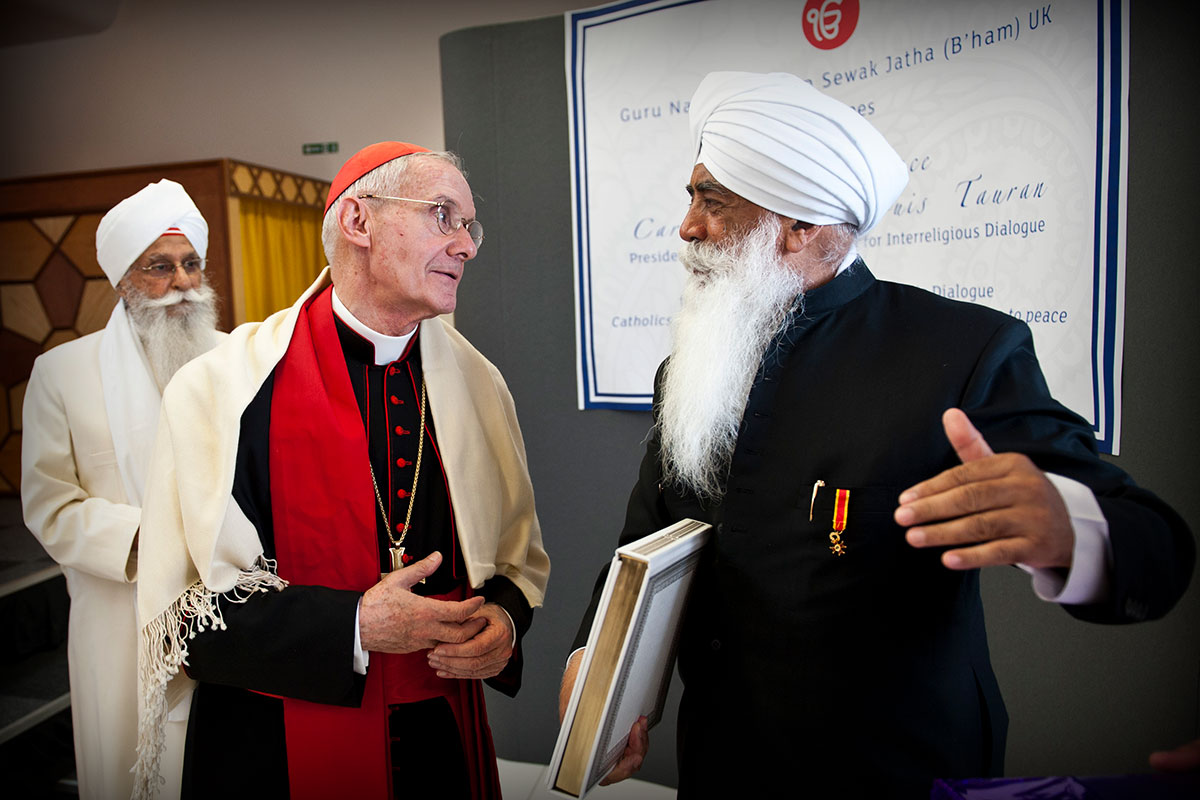Hanna Jallouf, a tough friar
Joaquim Magalhães de Castro
The recently-appointed Apostolic Vicar of Aleppo for Catholics of the Latin rite, the Syrian Hanna Jallouf, Friar Minor of the Custody of the Holy Land, knows better than anyone the reality of that troubled region.
He was one of the few priests who, during the long years of war, continued to serve and comfort, “inspired by the gift of the Sacraments and the Word of God,” the small Christian communities in the territories of Idlib province, controlled during the war by jihadist militias, areas that until today, remember, escape the administration of the government of Damascus.
Now 71 years old, Father Hanna is a cultivated man. In addition to accomplished studies in philosophy and theology, obtained in the Italian city of Assisi, he also completed two other degrees. One in History, in Beirut; the other in Youth Ministry and Catechesis at the Salesian Pontifical University in Rome. Until his appointment – by the Holy Father on July 5 – to the position he now occupies, Hanna Jallouf served as parish priest in Qunaya, his native village, in the Orontes river valley, where there are two other Christian villages (Yacubieh and Jdayde).
While the other religious people moved far away, fearful of the anti-Assad militias, Father Hanna and his confrere Luai Bsciarat remained firm in their respective parishes, then more than ever, close to the faithful. Under the new Islamist governance, abuses against the local population soon began: demands for new taxes, seizure of property and land and occupation of empty houses by jihadist militia. Nevertheless, and against all expectations, Father Hanna, demonstrating his great power of engagement, managed to maintain channels of contact with the armed groups.
The new masters forced him to hide the statues of Our Lady and the saints with cloth and prohibited the ringing of bells and the teaching of Christian doctrine in schools. The faithful reluctantly obeyed, “learning to live as Christians under the orders of those who command pro tempore”, including the fearsome jihadist militiamen. First, those of the Islamic State; then those of Jabat al Nusra – no small feat considering the violent history of both terrorist groups. Miraculously, the local parish and convent remained open.
Every five or six months, Father Hanna was allowed to leave the area controlled by the jihadists, taking the opportunity, on one of these occasions, to go to Lebanon, where he underwent a small surgical intervention. After each of these short, invariably risky trips, Father Hanna always returned to his village to resume his pastoral mission.
In October 2014, shortly after reporting to the Islamic court – a body created in the area under the control of Islamists to administer justice in accordance with Islamic law – the expropriations and looting suffered by his parishioners at the hands of Islamists, the priest Hanna Jallouf was eventually kidnapped by Jabat Al Nusra jihadists, along with twenty of his parishioners. Fortunately, the priest and faithful would be released a few days later, with the former remaining under house arrest in the Qunaya convent. One of the accusations against him was that he was a “collaborator with the government of President Bashar al-Assad”, an assertion that the priest vehemently denied.
France-Presse reported at the time that “the rebels were angry with Father Jallouf because he had refused to give them olives picked from trees on the convent grounds”… In fact, the Jabat Al-Nusra militants were simply trying to seize the Franciscan properties in Qunaya, which led Father Hanna to file a complaint with a religious court. The kidnapping was the latest in a series of attacks on Christian worshipers during the Syrian civil war. In April of that same year, the Jesuit Frans van der Lugt, involved in inter-religious dialogue and responsible for building a center that housed around 40 children with mental disabilities, was murdered.
In December 2013, a group of Greek Orthodox nuns were kidnapped by Jabat Al-Nusra near Damascus, but, fortunately, they were released months later. In July of that same year, the Jesuit Paolo Dall’Oglio was kidnapped in Raqqa, the city controlled by the Islamic State, and his whereabouts are still unknown. The same happens with the Greek and Syriac-Orthodox bishops of Aleppo, Boulos Yazigi and Yuhanna Ibrahim, kidnapped by Islamists that same year.
In April 2020, with the Covid-19 pandemic and the conflicts in the province of Idlib in full swing, Father Hanna Jallouf asked everyone to help the inhabitants of the Orontes valley to realize “that Christ also rose for them and therefore they would not be abandoned by the universal Church.” In a letter released by the organization “Let’s help Syria”, the Syrian priest described the context in which he and Father Luai Bsciarat continued to develop their pastoral work: “The Christian community that remained here, in the villages of Orontes, totals around 600 people. That is, 200 families that belong to both the Catholic Church and the Armenian Orthodox and Greek Orthodox Churches. We are the only religious people who remain here.”
Remember that the Franciscans have been present in Syria for 800 years, having arrived in Qunaya in 1878.


 Follow
Follow


